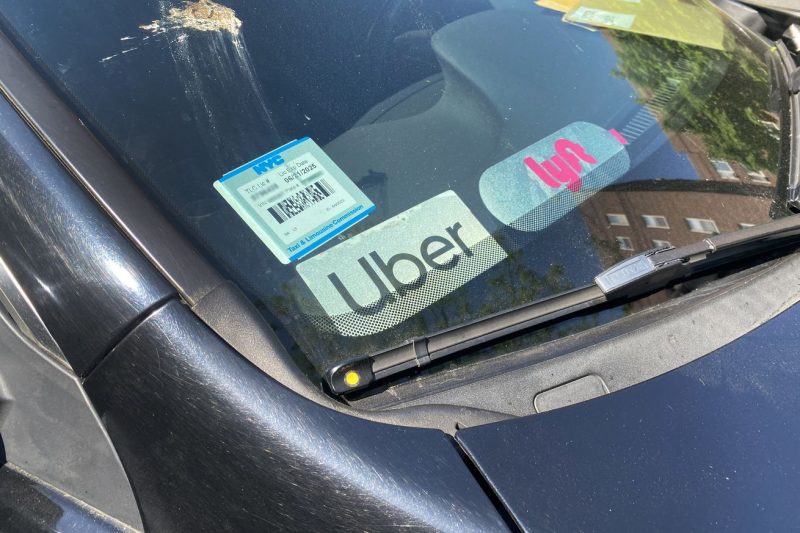In a groundbreaking move, Massachusetts has determined that drivers for companies like Uber and Lyft must receive a guaranteed minimum wage of $32 per hour. This decision is a momentous shift in how gig workers are compensated, and it has significant implications for the gig economy as a whole.
One of the key factors behind this decision is the often precarious financial situation faced by gig workers. While the gig economy offers flexibility and independence, many workers in this sector struggle to make a livable wage due to fluctuating demand and insufficient compensation. By mandating a minimum wage for drivers, Massachusetts is taking a step towards addressing the financial challenges faced by gig workers.
Furthermore, the decision to require Uber and Lyft to pay their drivers a minimum wage reflects a broader societal concern about income inequality and worker exploitation. Gig workers are often classified as independent contractors, which can leave them without access to essential benefits such as health insurance, paid time off, and retirement savings plans. By ensuring that drivers receive a minimum wage, Massachusetts is asserting that gig workers deserve fair compensation and basic labor protections.
Moreover, this move by Massachusetts is likely to have ripple effects throughout the gig economy. Other states and municipalities may follow suit and implement similar regulations to protect gig workers and ensure they receive adequate compensation. This could lead to a shift in how companies like Uber and Lyft operate, potentially forcing them to reevaluate their business models and financial structures.
In conclusion, Massachusetts’ decision to require Uber and Lyft to pay their drivers a minimum wage is a significant development in the ongoing debate over worker rights in the gig economy. By mandating a $32 per hour wage for rideshare drivers, the state is taking a proactive stance in addressing the financial challenges faced by gig workers and advocating for fair compensation and labor protections. This decision may set a precedent for other jurisdictions and spark a broader conversation about the rights and treatment of gig workers in the modern economy.


























